3D Graphics Rendering Cookbook. A comprehensive guide to exploring rendering algorithms in modern OpenGL and Vulkan Sergey Kosarevsky, Viktor Latypov
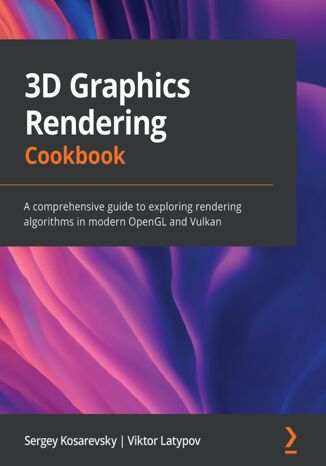



- Autorzy:
- Sergey Kosarevsky, Viktor Latypov
- Wydawnictwo:
- Packt Publishing
- Ocena:
- Stron:
- 670
- Dostępne formaty:
-
PDFePubMobi
Opis
książki
:
3D Graphics Rendering Cookbook. A comprehensive guide to exploring rendering algorithms in modern OpenGL and Vulkan
The book begins by setting up a development environment and takes you through the steps involved in building a 3D rendering engine with the help of basic, yet self-contained, recipes. Each recipe will enable you to incrementally add features to your codebase and show you how to integrate different 3D rendering techniques and algorithms into one large project. You'll also get to grips with core techniques such as physically based rendering, image-based rendering, and CPU/GPU geometry culling, to name a few. As you advance, you'll explore common techniques and solutions that will help you to work with large datasets for 2D and 3D rendering. Finally, you'll discover how to apply optimization techniques to build performant and feature-rich graphics applications.
By the end of this 3D rendering book, you'll have gained an improved understanding of best practices used in modern graphics APIs and be able to create fast and versatile 3D rendering frameworks.
Wybrane bestsellery
Packt Publishing - inne książki
Dzięki opcji "Druk na żądanie" do sprzedaży wracają tytuły Grupy Helion, które cieszyły sie dużym zainteresowaniem, a których nakład został wyprzedany.
Dla naszych Czytelników wydrukowaliśmy dodatkową pulę egzemplarzy w technice druku cyfrowego.
Co powinieneś wiedzieć o usłudze "Druk na żądanie":
- usługa obejmuje tylko widoczną poniżej listę tytułów, którą na bieżąco aktualizujemy;
- cena książki może być wyższa od początkowej ceny detalicznej, co jest spowodowane kosztami druku cyfrowego (wyższymi niż koszty tradycyjnego druku offsetowego). Obowiązująca cena jest zawsze podawana na stronie WWW książki;
- zawartość książki wraz z dodatkami (płyta CD, DVD) odpowiada jej pierwotnemu wydaniu i jest w pełni komplementarna;
- usługa nie obejmuje książek w kolorze.
Masz pytanie o konkretny tytuł? Napisz do nas: sklep@helion.pl
Książka drukowana


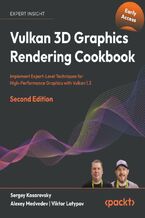

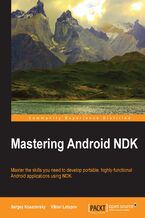
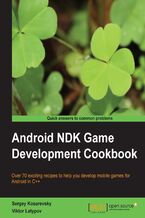


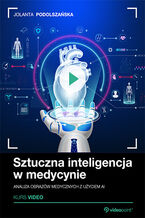
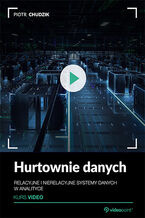
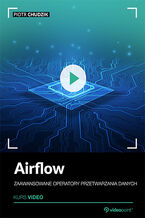

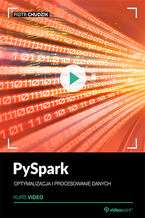


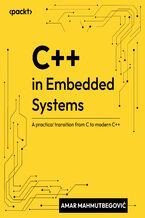







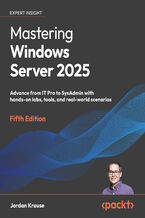
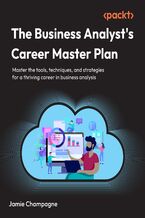
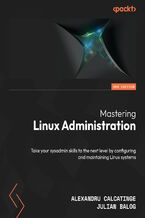
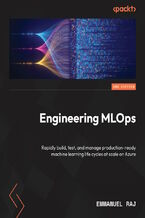
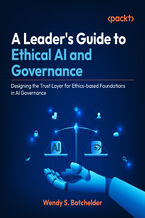
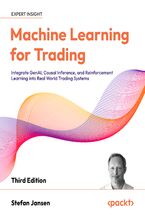
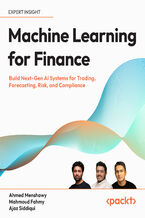
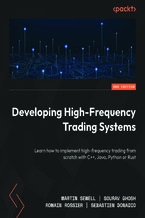



Oceny i opinie klientów: 3D Graphics Rendering Cookbook. A comprehensive guide to exploring rendering algorithms in modern OpenGL and Vulkan Sergey Kosarevsky, Viktor Latypov
(0)